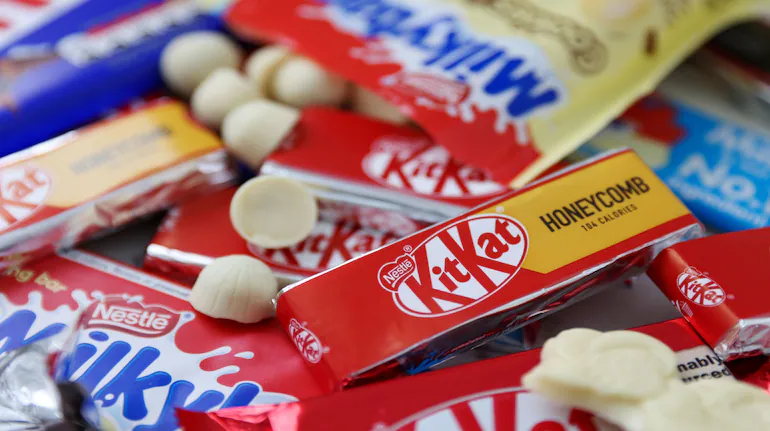Nestle India shareholders reject royalty increase to parent

Majority of the shareholders of Nestle India have voted against the proposed increase in royalty payout to Swiss parent Nestle S.A., according to an exchange filing. The shares of the company inched higher in Saturday’s special trading session in reaction to the development.
Shareholders with 57.18 percent of the company’s shareholding voted against the resolution, according to an exchange filing by the company.
Nearly a month ago, Nestle India’s board had approved the hike in royalty payout to its Swiss-based parent company. Nestle India in 2019 had said that it would seek approval of its shareholders every five years for royalty payments to parent company after receiving investor and proxy firm’s feedback on the issue.
The motion had proposed that Nestle India’s royalty payment to Nestle S.A. to rise to 5.25 percent of net sales over a period of five years, from 4.5 percent now. The ordinary resolution stated that the royalty payment rate will start at 4.5 percent of the net sales, and will increase by 0.15 percent each year. The company had sought shareholder approval for the next five-year period beginning July 1, 2024
Nestle India’s shareholders can be broadly categorized into two groups:
-
Promoters: These are the entities with a controlling stake in the company. As of March 31, 2024:
-
Public Shareholders: These are individual investors and institutions that own the remaining shares. The breakdown includes:
- Non-institutional investors and retail investors hold approximately 16.09% [Groww].
- Institutional investors like mutual funds, insurance companies, and foreign institutional investors (FIIs) likely hold the remaining shares (around 21%). However, the exact breakdown isn’t publicly available.

